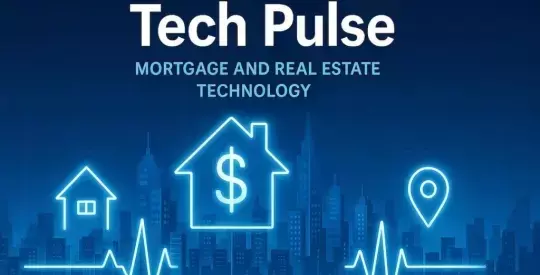
From a former Zillow Flex partner's standpoint, a recent class-action lawsuit against Zillow's Flex and Premier Agent programs brings critical issues of transparency in lead generation to the forefront. Having personally experienced the inner workings of the Flex program, including its benefits and limitations, I can attest to its functionality and the sometimes confusing nature of its consumer interface. The lawsuit alleges that Zillow's \"Contact Agent\" button misleads buyers into believing they are connecting with the listing agent, when in reality, they are directed to a buyer's agent who either pays Zillow directly or shares a referral fee. This mechanism, while profitable for Zillow, often surprises buyers who expect direct access to the property's seller representative.
While the intent of individual Flex agents is not to deceive, Zillow's platform design inadvertently creates this ambiguity. The Realtor Code of Ethics emphasizes trust and clear representation, yet the digital interface complicates this fundamental principle. Buyers' assumptions about contacting the listing agent are not unreasonable, making Zillow's approach, from a transparency perspective, ethically debatable, even if not legally determined to be deceptive. The core problem extends beyond Zillow to the broader evolution of the buyer agency system, particularly in the wake of the NAR settlement. The industry faces overdue questions regarding buyer agent compensation and disclosure practices. Clear communication about commissions has always been a cornerstone of ethical practice, and platforms with Zillow's reach have a responsibility to foster clarity rather than exacerbate confusion.
Ultimately, upholding real estate as a profession built on trust necessitates prioritizing transparency over convenience or profit margins. Buyers have a right to understand who represents them and the financial incentives at play. This stance champions the consumer and the industry's integrity, rather than opposing specific platforms. While the Flex program has undeniably facilitated connections with qualified buyers, it has also inserted a technology company as an intermediary between agents and clients, influencing initial impressions and profiting from potential misunderstandings. The lawsuit may serve as a crucial impetus for the industry to re-emphasize direct client relationships, integrity, and consumer best interests, moving away from relying on third-party access to their own clientele.
The current legal challenge facing Zillow serves as a powerful reminder that in any industry, especially one as personal and significant as real estate, ethical conduct and clear communication are paramount. True innovation should enhance, not obscure, the buyer-agent relationship, empowering consumers with knowledge and trust. This commitment to transparency and client-centric practices will not only strengthen the real estate profession but also foster a more equitable and informed market for everyone involved.
